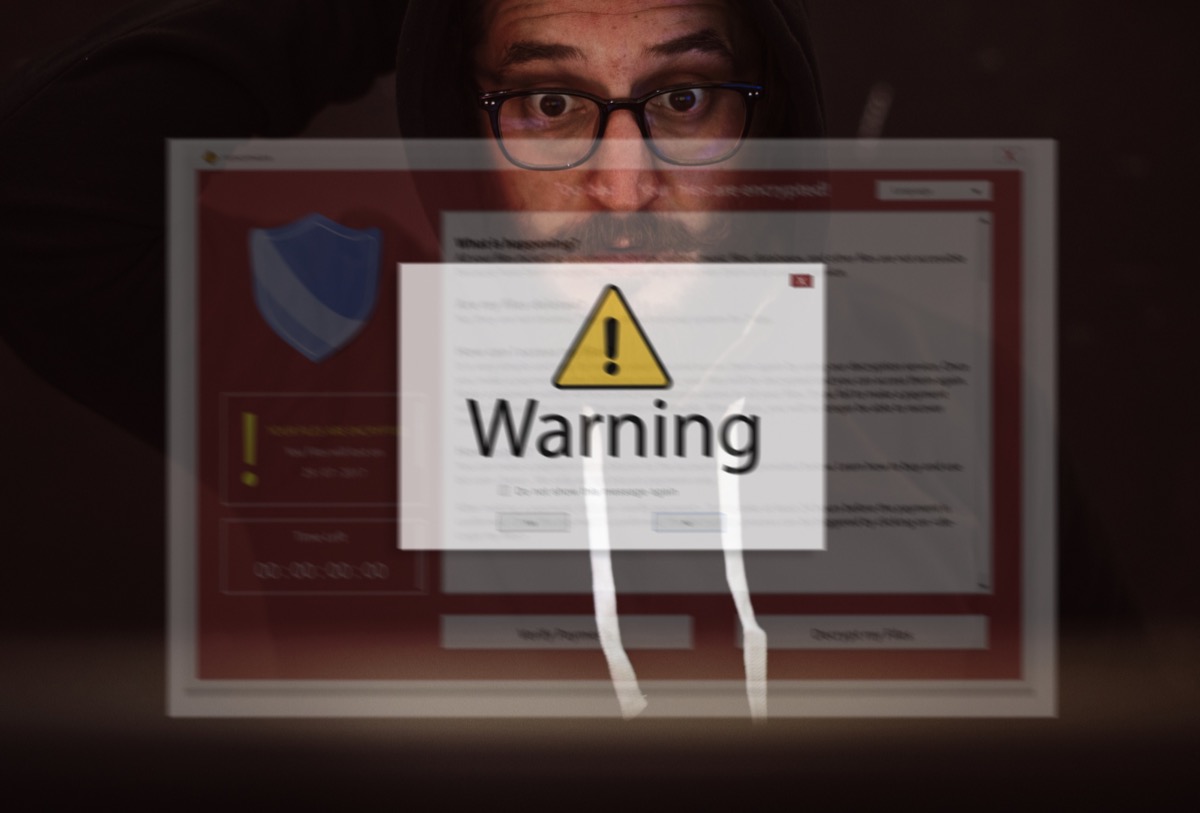The recent decision by the Paris Court of Appeal to block TuKif marks an important step in the fight to protect minors online. This verdict reflects a growing desire to regulate access to content deemed inappropriate, particularly for young users.
But this measure raises several questions about its real impact on the safety of minors and the means to legally circumvent these restrictions.
However, blocking sites alone is not enough. Technologically savvy miners can use tools to circumvent these restrictions, making it more difficult for regulators to enforce them.

The Paris Court of Appeal and the Protection of Minors
In an effort to strengthen protecting minors, the Paris Court of Appeal took a significant decision by ordering the blocking TuKif, a pornographic site, as well as other similar sites. This approach aims to compensate for the lack of control over the age of users, exposing the young Internet users to inappropriate content. The central issue of this decision is not only to limit access to potentially dangerous sites but also to stimulate a debate on the responsibility of digital platforms and technologies in the current era.
Risks Associated with Pornographic Sites
When addressing the issue of minors' access to adult content, psychological and social risks cannot be ignored. Early exposure to such content can have significant repercussions on the development mental and emotional development of young people. Although the Internet is a vast resource of information, not all of it is suitable for children and adolescents. Consequently, the role of regulation becomes crucial to ensure a secure online environment.
The Blocking Order and its Implications
By order of the Court of Appeal, Internet Service Providers (ISPs) in France have been mandated to implement DNS blocking. This type of blocking involves preventing users from connecting to servers hosting unwanted content by redirecting them elsewhere. Such a mechanism, although technically efficient, raises questions about the scope of digital regulation and the freedom of access.
Blocking Bypass: VPNs as a Legal Solution
While the decision to block TuKif and other similar sites is centered on concerns about the protection of minors, there are legal ways for adults engaged in responsible use to circumvent this blocking. Among these, the use of a VPN (Virtual Private Network) stands out as a solution of choice.
For adults wishing to access blocked legal content, there are several means that can be used responsibly:
- Using VPNs Virtual private networks allow you to bypass geographic restrictions while ensuring privacy. However, users should ensure that VPN use complies with local laws.
- Proxy servers : These tools can provide quick access, but they sometimes present data security risks.
- Custom DNS Changing DNS settings can unblock some sites. This remains a legal solution as long as access to the content is intended for an adult audience.
- Education and awareness : It is essential to ensure that access is used in a private setting and not shared with minors.
Constantly evolving regulation
The struggle to protect minors while ensuring the rights of adults to access certain legal content highlights a major challenge: finding a balance between online security and individual freedom. While the decision of the Paris Court of Appeal is a step forward, it also highlights the need for a clear legal framework and educational tools to better regulate the use of new technologies.
Understanding how VPNs work
A VPN acts as a secure tunnel, encrypting data and masking users' real identities online. It allows them to bypass blocking. DNS imposed by connecting their device to servers located in jurisdictions where access to these sites is not restricted. This transforms the digital landscape into a complex arena where security and personal freedom are constantly being negotiated.
Ethical and Legal Considerations
Accessing adult sites via a VPN raises ethical and legal concerns. It's important to differentiate between circumventing restrictions for legitimate adult use and attempting to undermine efforts to protect minors.
Roles and Responsibilities of Service Providers
Visit Internet service providers play an integral role in enforcing DNS blocking measures. It is their responsibility to ensure that legal guidelines are followed while maintaining a fair balance between protection and digital freedom users. This situation underscores the importance of collaboration between government and private entities to ensure a safe Internet while preserving user rights.
The Need for Digital Education
Faced with the challenges posed by the rapid evolution of technology, thedigital education becomes essential. Training young and adult users about potential dangers, strategies digital protection and responsibilities is a fundamental pillar for creating a resilient and equitable online environment. Education must aim at empowerment users, providing them with tools to navigate the digital world wisely.
Final Thought
The decision of the Paris Court of Appeal reflects a deep understanding of the digital risks current issues while highlighting the broader implications of online regulation. In taking these steps to block TuKif and similar sites, the emphasis is placed not only on sterile security but also on a holistic approach encompassing protection, technology, and ethics. Workarounds such as VPN offer another aspect of this ongoing conversation about freedom and responsibility on the Internet. Vigilance, adaptability, and cooperation among various actors remain key elements in navigating this complex landscape.

